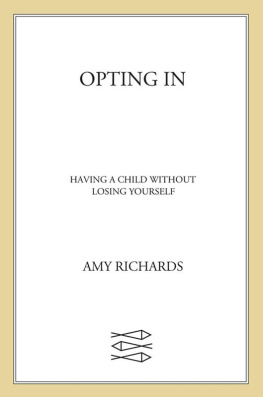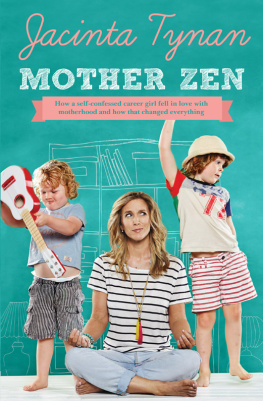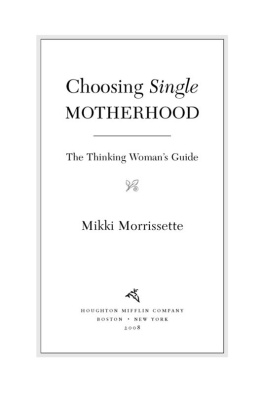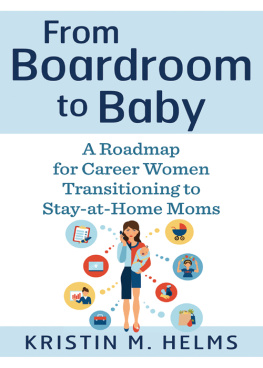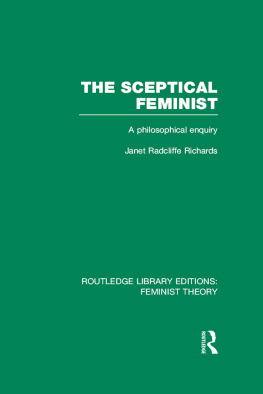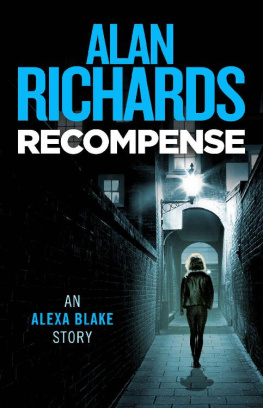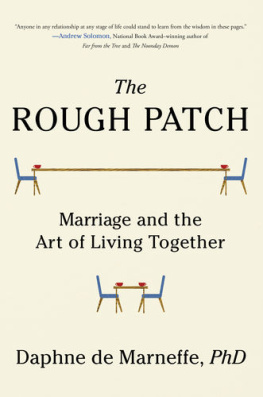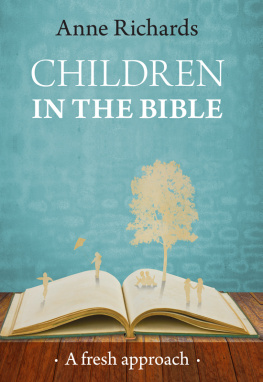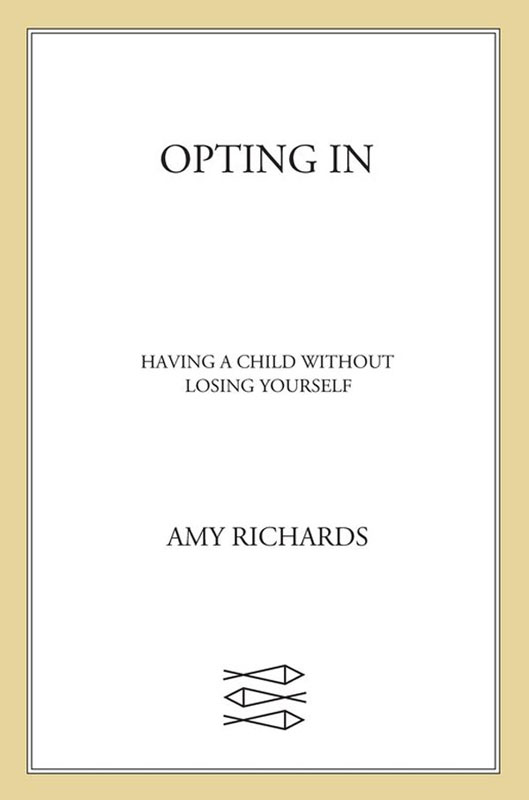Please Note: Some of the links referenced in this eBook are no longer active.
The author and publisher have provided this e-book to you for your personal use only. You may not make this e-book publicly available in any way. Copyright infringement is against the law. If you believe the copy of this e-book you are reading infringes on the authors copyright, please notify the publisher at: us.macmillanusa.com/piracy.
I spent one solid day holed up in my apartment writing the proposal for this book and then hesitantly sent it off to my wonderful agent, Jill Grinberg, sheepishly asking if she thought this idea was worth pursuing. She was on board immediately. As a new mom and a superb agent she helped to make the case to my editor, Denise Oswald, who, as with my previous two books, Manifesta and Grassroots , has always offered both professional and personal guidance. With Denise, every conversation goes off into a million directions, confirming that we make each other think.
In writing this book, I was blessed with so many smart and competent helpers. On a whim, Devon McLaughlin, then a high school junior from Long Island, e-mailed feminist.com looking for an internship. I immediately responded, and we spent several weeks together doing initial research for this book. Not knowing that I was embarking on the book, Brigid Flaherty, whom I met when she was an intern at the Third Wave Foundation, casually e-mailed me and graciously offered to help with anything I might be working on. On top of her own full-time job, she did research in the evenings and on the weekends and gave me a great treat: more information and honest feedback. And then Lauren Brannon stepped in to save the day. I first met Lauren when she was a high school student, and we have stayed in touch for nearly a decade. She kept me sane, challenged me, and through the process helped mesharpen some of my arguments. Lauren shared her smarts and her tenacityand this book, especially the resource guide and the bibliography, is certainly better as a result of that contribution. As guilty as I feel for the hours she gave to this project, I sense that it was good practice for her future writing.
Many others specifically helped with research and factchecking, ensuring I didnt make false statements or a total fool of myself. I met Taylor Hatcher years ago and saved her card after she told me that work/family issues were her passion. She funneled me research, mostly from the National Partnership for Women & Families, while my dear friend Vivien Labaton helped provide clarity when I couldnt make sense of the law. Michelle McEvoy Doty, one of my closest friends, who also happens to work in the area of health care policy, always responded in a timely and detailed way to my harried e-mails asking for help. Many other friends contributed, mostly by always asking me how the book was coming and being supportive in that unconditional way. Joan K. Peters, Letty Cottin Pogrebin, Wendy Chavkin, Vicki Breitbart, Lynn Paltrow, Yvonne Thompson Friend, and Kristen Joiner are among many who were generous with their time when I asked for clarification or help understanding something.
Friends and colleagues read versions of this book, and I owe them a huge thanks for their time and, more so, their honesty: Phyllis Rosser, Dawn Lundy Martin, Suzanne Braun Levine, Hagar Scher, Elizabeth Birdsall, Jenny Egan, Heather Lazlo, and Gloria Steinem. Jennifer Baumgardner, who usually sits beside me as I write, helped me to clean up the final manuscriptand even before this book came to fruition mentored me in my writing and in my ideas.
And, of course, my family supports me in unquantifiable ways. Raising my kids, Im constantly recalling my own upbringing,making me extra thankful to those who raised me: Poppop, Auntie, and my mother. Beckett sat, really lay, next to me most of the time that it took me to write this book; at first, days home from the hospital bundled in a blanket, then growing into a toddler and always wanting to type on the keyboard. Webber made me want to write this bookhe was my introduction to mothering and reinforced how important it was for him and me that I remain true to myself. Peter sulked around the house after I told him the book wouldnt be done for years. He certainly paid the biggest price for it; the time it took me to write the book took away some time with him. With Opting In done, heres to loving him as completely as he deserves.
PRACTICING OUR POLITICS
R eflecting back over this book, I have ended on a much more personal note than I envisioned I would. But a more overtly political rallying call now feels inconsistent with my overall message: change begins with us. And, as I have learned from my own life and now from observing hundreds of parents, we are more likely to do what we have seen others successfully do.
That said, though I certainly havent mastered being myself and being a parent, I think I have done a pretty good job of folding my kids into my life and simultaneously ensuring that they have confidence and independence. I have frantic days and crazed moments, I get frustrated and I feel stretched, but I also constantly check in with myself to ensure that my needs as an individual are being met. Do I have everything I need to be sustained? This means that when I wanted to travel to India, I brought along my three-and-a-half-year-old, even though everyone said I was crazy; I let my older child eat pasta almost every night, but only if he also eats a vegetable; my children accompany me to meetings and roll around on the dirty Manhattan streets. I strike a balance between what I want to have happen and what I can realistically accomplish. The more I try to control my kids and my household, the more disheveled I become. Mostly, Ive come to measure my success as a parent notin the usual way, by how well-adjusted my children are, but by how well I am doing. Its not enough to want to make the world a better place for our children; we should make it a better place for ourselves, too. For those of us who are also committed to changing the world, we have to start with a very basic question: What do todays parents want? Women surveyed on their top issues after the 2004 elections prioritized jobs and the economy, homeland security, and health care.)
The answer to the looming question of what parents want comes back to challenging our own imaginations. What change do you personally want to see, and how can you begin to attainit for yourself and others? The most important contribution you can make is to figure out whats right for you and use your own example to improve the situation for all parents. Maybe you are a single parent who defied heterosexist assumptions of parenting, or perhaps your son enjoys playing with army trucks while simultaneously understanding its just a game. You may be the father who says, Im taking my paternity leave, thank you. You might use the model of the Barnard Babysitting Agency, which matches up college students in need of an income with families in need of responsible babysitters. This idea could also be extended to include volunteer babysitting for those who need it but cant afford iteven organizations could provide it as an option for some of their constituents.

